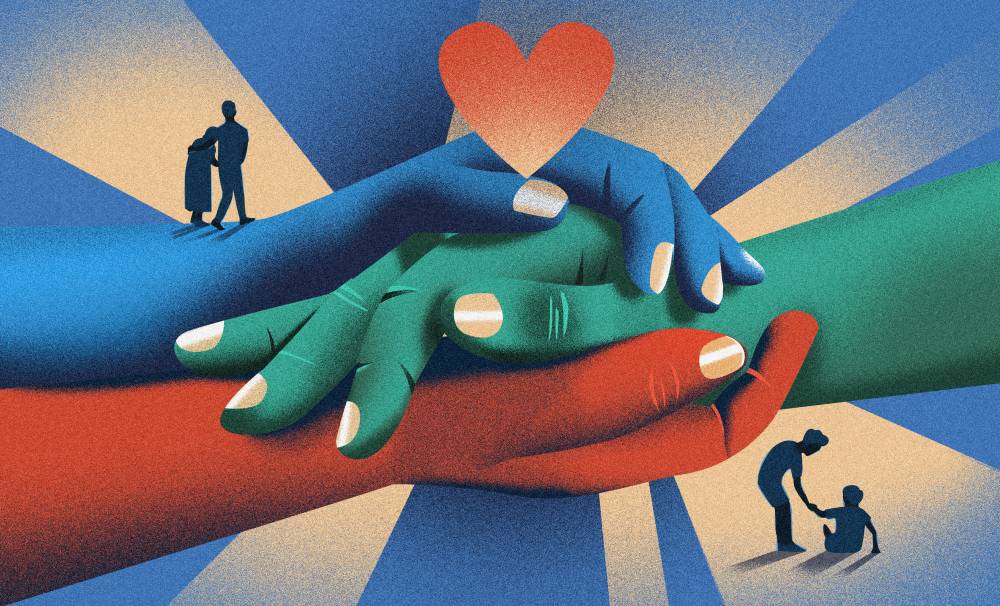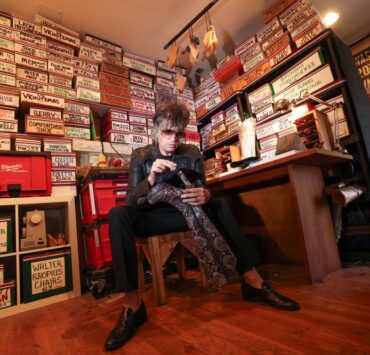The question of being nice

On the Philippines’ new favorite ragebait machine known as Threads—seriously, if you get dopamine from getting riled up, it’s a great place to be—comes this new minor controversy: Local journalist Bernadette Reyes posted about an experience she recently had at a local fast food chain in which she noticed a customer not returning the warm greetings and niceties the service staff was giving them. In her story, she says she returned the warmth the crew member gave out, and ended with a quick moral: They deserve our courtesy, too.
Okay, not wrong. Sure, it’s good to be nice to service staff because they put in long hours dealing with far worse customers. It’s their job, but they could use a little more kindness. Check.
But while the ratio was technically nice to Reyes—a lot of people liked her post more than commented—there was still a lot of backlash. Some people criticized her for seemingly judging the cold customer and assuming that she wasn’t being nice, saying that it’s possible that that person was just not having a good morning. Some supported this theory, sharing anecdotes about how they’ve had to come up to a jolly cashier on a terrible day just so they could eat. Others hit Reyes for purportedly feeling “morally superior” to that person.
(There was also a hint of elitism in her post because she described the customer as well-dressed with a nice phone—rightfully eliciting the question of whether a worse-looking person wouldn’t be expected to act kindly and decently. I won’t get into that here, but I’ll mention it just the same.)
Okay, also not wrong. You don’t really know what other people are going through, and it is poor form to make them the star of your next viral social media story just because you didn’t agree. There is much worse behavior out there, and simply not returning someone’s enthusiastic good mornings shouldn’t rank all that high.
To be or not to be
But the question does remain: Should we be warm to the random people we interact with every day, and never see again?
First, my personal answer: It really does cost nothing to be just as effusive to people, especially service workers—even if they’re trained to be happy and smiley as part of their customer-facing job. It’s not hard for me to fake a smile or a high-pitched expression, even when I’m not up to it.
But that’s me, and I don’t expect everyone to be able to do that. As much as it could suck to hear, sometimes you don’t have that kind of personality. If you totally have the bandwidth, though, you should treat your service workers with the joy and kindness that Reyes wanted from that other customer.
I think it’s pretty clear that the baseline for everyday human interaction is to simply not be rude and arrogant. On another wing of Threads, people love to complain about government service staff being grumpy and mean—traits you definitely don’t want to experience from people you need to transact important matters with.
Simply put: As long as you’re not being a dick or a “Karen” to people who are just doing their jobs (and are also not being mean to you), you’re good.
Keeping the social balance
The reason why opinions like Reyes’ are even a thing is because of the usual Filipino trait of pakikisama, in which the group harmony is important above all else. You—or others watching you—don’t want to upset the social balance by being anything less than effusive to others, or else you’ll be branded as a person no one wants to be around.
But I think it’s also worth noting that we can’t all positivity our way through life 100 percent of the time, especially when daily life in the Philippines is grinding us down to dust. The least we can ask for is for everyone to not antagonize everyone else—and in the process, to not immediately interpret cold neutrality as antagonism.
Kindness isn’t just the nice, fuzzy words and feelings you give other people, but also the grace you give them when they’re not at their best.





















